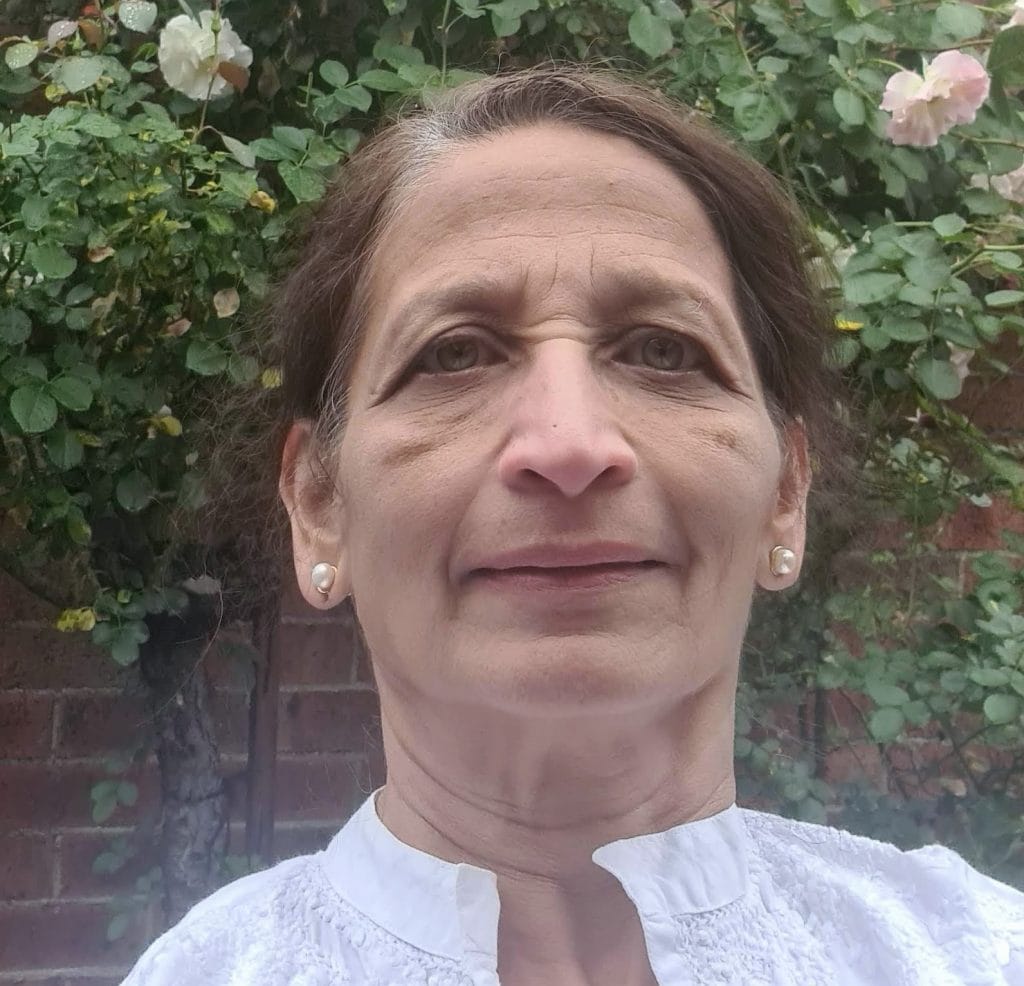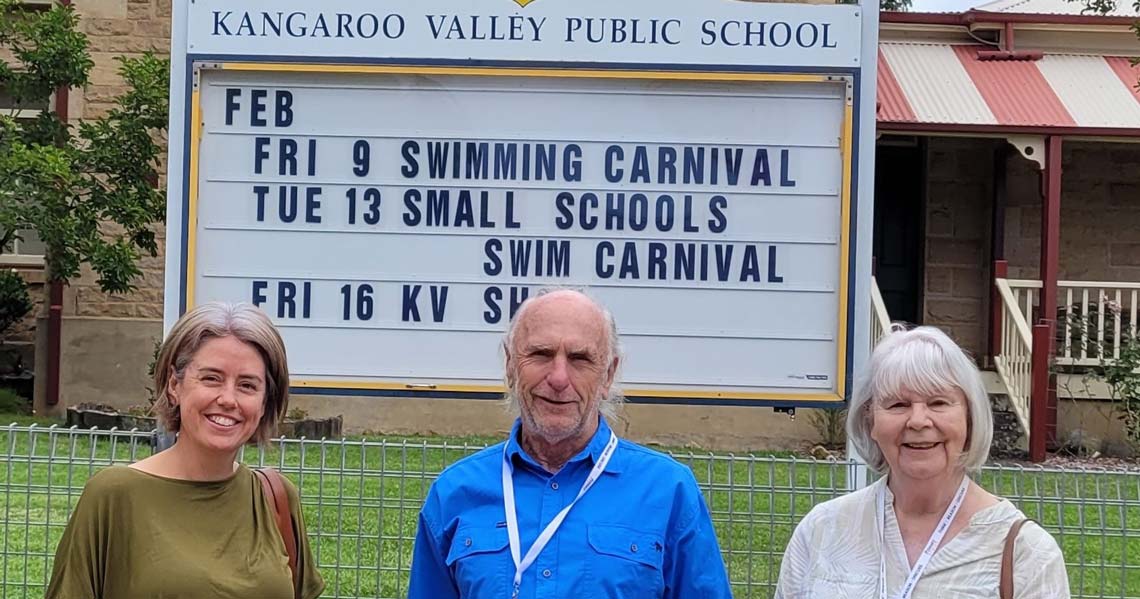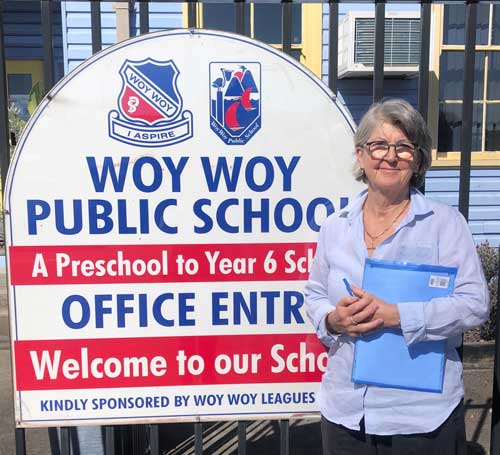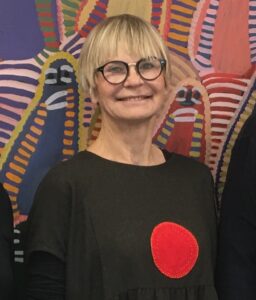My Journey as a Volunteer Ethics Teacher
COVID had an unexpected consequence for Lalita Kanetkar – it was the start of her journey to becoming an ethics teacher.
Lalita writes: During the COVID years, most parents had a very difficult and stressful time managing both their own jobs from home and the schoolwork of their children – particularly if the children were young. My younger daughter had a son in Year 1 and was dealing with her own job and home schooling. It got me wondering – could I be of any help with the home schooling?
When I put this to her, she was genuinely surprised … because, to be honest, I had never helped my girls with their schoolwork as they were growing up. Even so, my daughter accepted my offer. So the journey began, home schooling over Skype. I felt enormous relief and satisfaction when my grandson did really well that term, as evidenced by his school report. And so we continued with the home schooling and I had a sense of real success (in truth, the success belonged to my grandson!)
However, this success led to something quite unexpected. Around this time I started talking to a friend about Primary Ethics. She herself had been volunteering as an ethics teacher for a few years. My daughter’s encouragement and hearing about my friend’s experience got me really interested. I checked out the Primary Ethics website and registered my name. Following the interview, I undertook the training and so began my journey as a Primary Ethics teacher.

The intention of ethics education is to teach children the skills they need for critical thinking from a very young age - recognising that it is so important in life to listen to different opinions, learn to question and develop the confidence to express one’s own point of view. After all, there are so many occasions in life when it not only important but also difficult to make choices and decisions. For example, how do we know if the choices we make are ‘right’ or ‘wrong’? Have we considered how they might affect others?
Lalita Kanetkar
These are the sorts of dilemmas the ethics curriculum aims to help children consider by introducing simple and relatable stories about choices and decisions they must make in their daily lives. By asking many questions, the lessons try to get children to think about why they agree or disagree with the opinions and decisions made by different characters in the stories.
For example, for younger children from Kindergarten to Year 2, we use simple stories on issues such as hurt feelings, teasing, telling the truth, showing empathy or accepting an apology. Children are able to relate to the characters and talk about whether they agree or disagree with them and whether they themselves would behave differently in the same situation. Slightly older children, from Year 3 and above, will have developed the capacity to think and question more critically. Again using stories, we consider topics of a more complex nature – be it keeping animals in zoos, bragging, etc.
To assist in critical thinking, the curriculum also introduces logic – recognising that the skills for logical thinking are an essential ingredient of critical thinking.
Since 2021 ethics has also been taught in Years 7 and 8 of public high schools.
Of course this means there is a great need for volunteers. In order to volunteer as a teacher, you need to obtain a Child Protection Certificate and a Police clearance. You also need to undertake a short training course. However, there is no requirement to have teaching experience.
Of course, being a volunteer means there is no financial remuneration. So you may well ask, what have I personally gained through my ethics teaching experience?
Well, my class goes for 30 minutes and I can assure you it is the most enjoyable half hour spent in the company of young, inquiring minds. I started teaching this group of children when they were in Kindergarten. They are now entering Year 3. It has been so exciting for me to see how their thinking has developed, how well they are now able to express themselves, set out their views and listen to each other. They understand that it is important to respect the opinions of their classmates though they themselves may disagree with those opinions.
And then of course, there are some heartwarming incidents. When for example, a child impulsively says, “I like you!” And once when I told my class I was going to be away for a couple of weeks, they cried out, “We’ll miss you!” I found that so touching.
And finally, teaching ethics is influencing me to think critically about my own day to day activities. The other day after a hard morning of housework, I finally sat down to watch a movie on Netflix. When it finished I was considering whether to watch another. And then the critically thinking voice inside me started questioning whether this would me a just reward for all my hard work in the morning or was I perhaps succumbing to laziness?
What do you think? If you were to join me in an ethics class I would love to hear your views. Better still, why don’t you consider starting your own journey as a volunteer ethics teacher!


